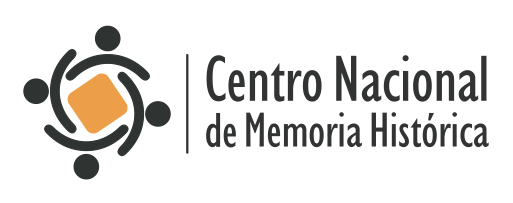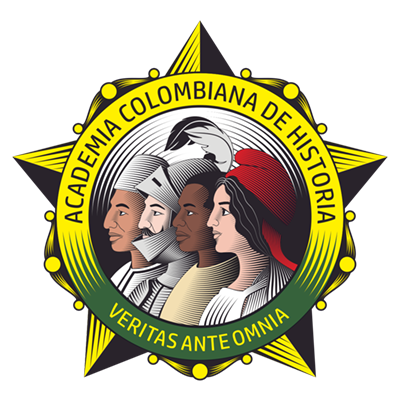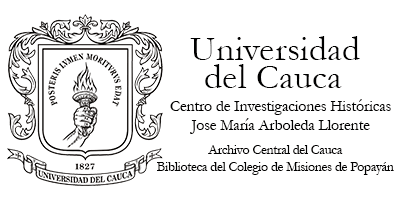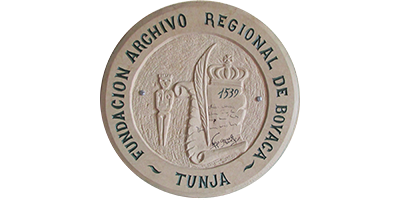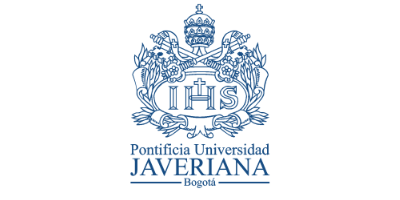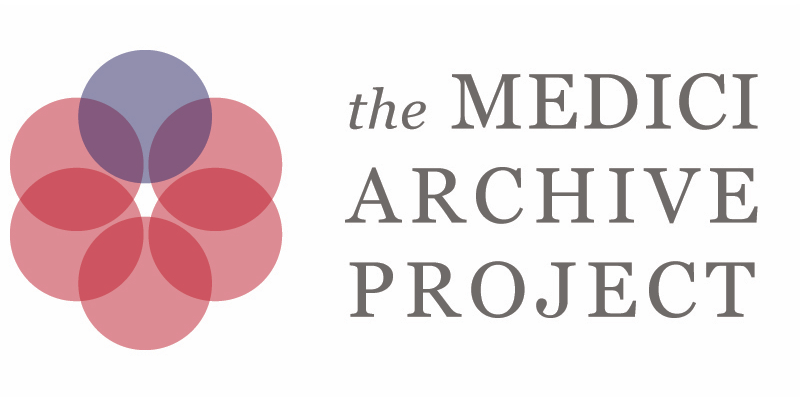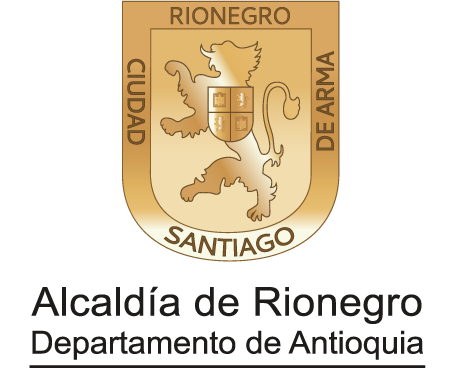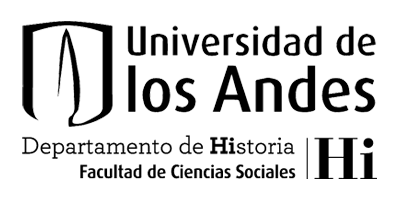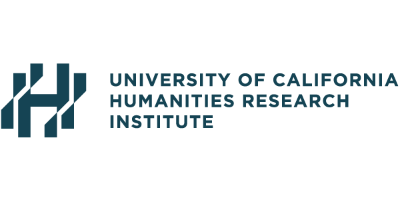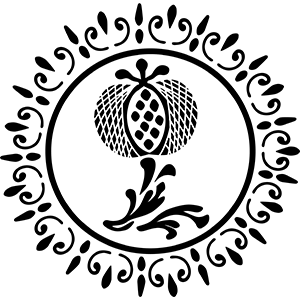
Fundación Histórica Neogranadina is a non-profit foundation registered and constituted in the Republic of Colombia. Our principal objective is to use new tecnologies to protect, rescue, and promote Latin America’s historical manuscripts and early printed books.
We do three broad things:
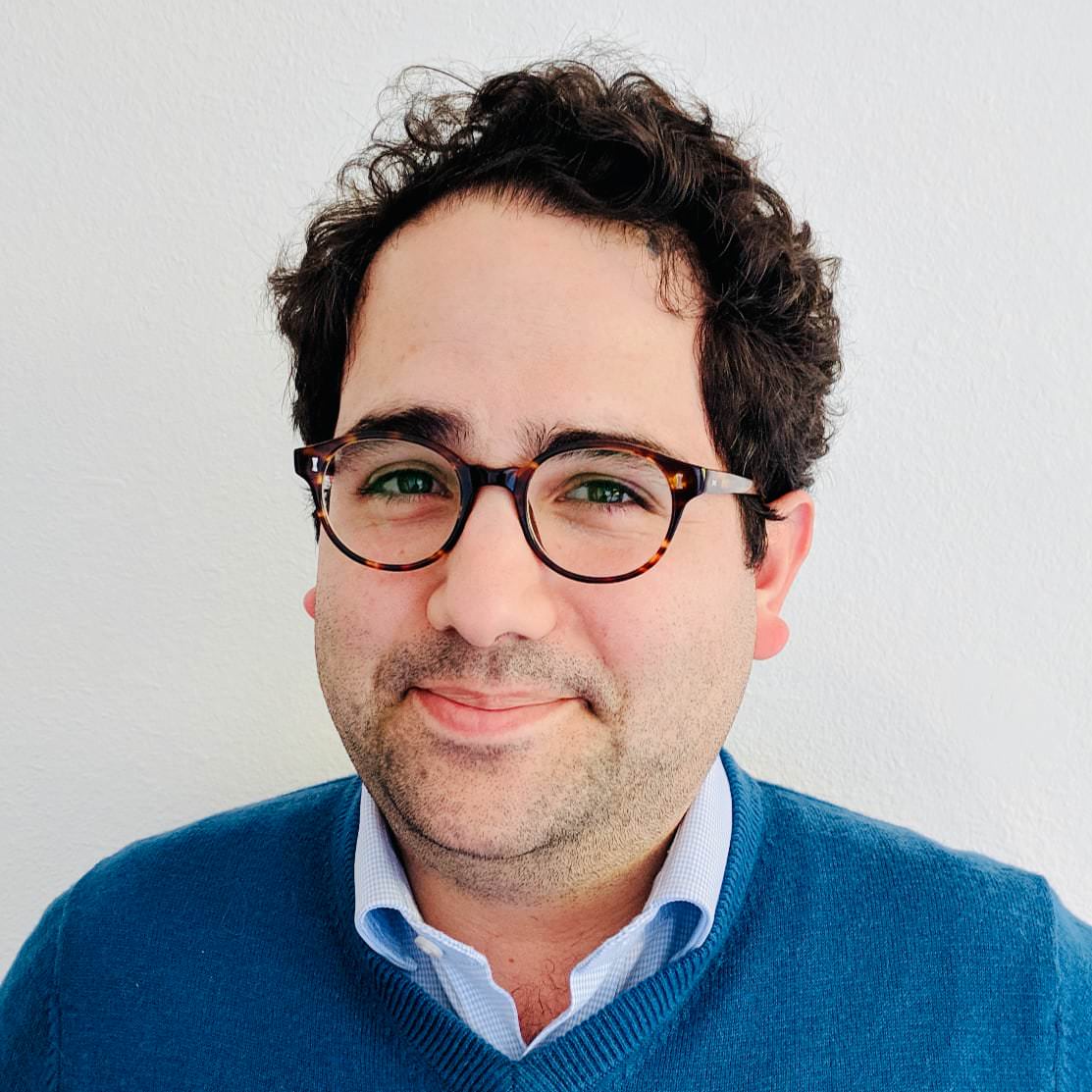 Juan is co-founder and legal representative of Neogranadina. He is a historian of colonial Latin America, a scholar and practitioner of digital humanities and digital public history. He holds a BA, MPhil, and PhD in History from the University of Cambridge and is associate professor of History at the University of California. His work on colonial Latin America explores questions of religion, colonialism, law, and language, focusing on the New Kingdom of Granada (modern-day Colombia); his work in digital humanities in the preservation of historical materials through digitisation; and his work in public history on developing public-facing initiatives to bring historical materials to new audiences. Personal website.
Juan is co-founder and legal representative of Neogranadina. He is a historian of colonial Latin America, a scholar and practitioner of digital humanities and digital public history. He holds a BA, MPhil, and PhD in History from the University of Cambridge and is associate professor of History at the University of California. His work on colonial Latin America explores questions of religion, colonialism, law, and language, focusing on the New Kingdom of Granada (modern-day Colombia); his work in digital humanities in the preservation of historical materials through digitisation; and his work in public history on developing public-facing initiatives to bring historical materials to new audiences. Personal website.
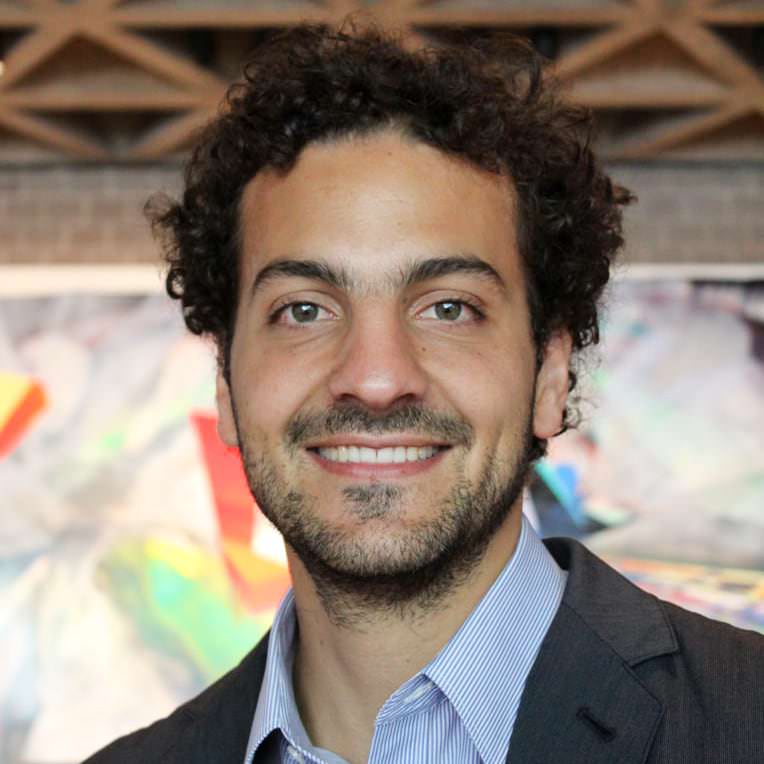 Santiago is co-founder of Neogranadina. He is assistant professor of history at the University of Texas at Austin. He holds an undergraduate and masters degree in History from the Universidad de los Andes (Bogotá) and a PhD in History from Yale University. He is interested in learning about the interaction between European empires and indigenous groups in Latin America, and his research seeks to understand the dynamics of power between the indigenous population of northern South America and the early Spanish Empire. He is also fascinated by the history of maps and efforts to produce knowledge about nature in the New World. Personal website.
Santiago is co-founder of Neogranadina. He is assistant professor of history at the University of Texas at Austin. He holds an undergraduate and masters degree in History from the Universidad de los Andes (Bogotá) and a PhD in History from Yale University. He is interested in learning about the interaction between European empires and indigenous groups in Latin America, and his research seeks to understand the dynamics of power between the indigenous population of northern South America and the early Spanish Empire. He is also fascinated by the history of maps and efforts to produce knowledge about nature in the New World. Personal website.
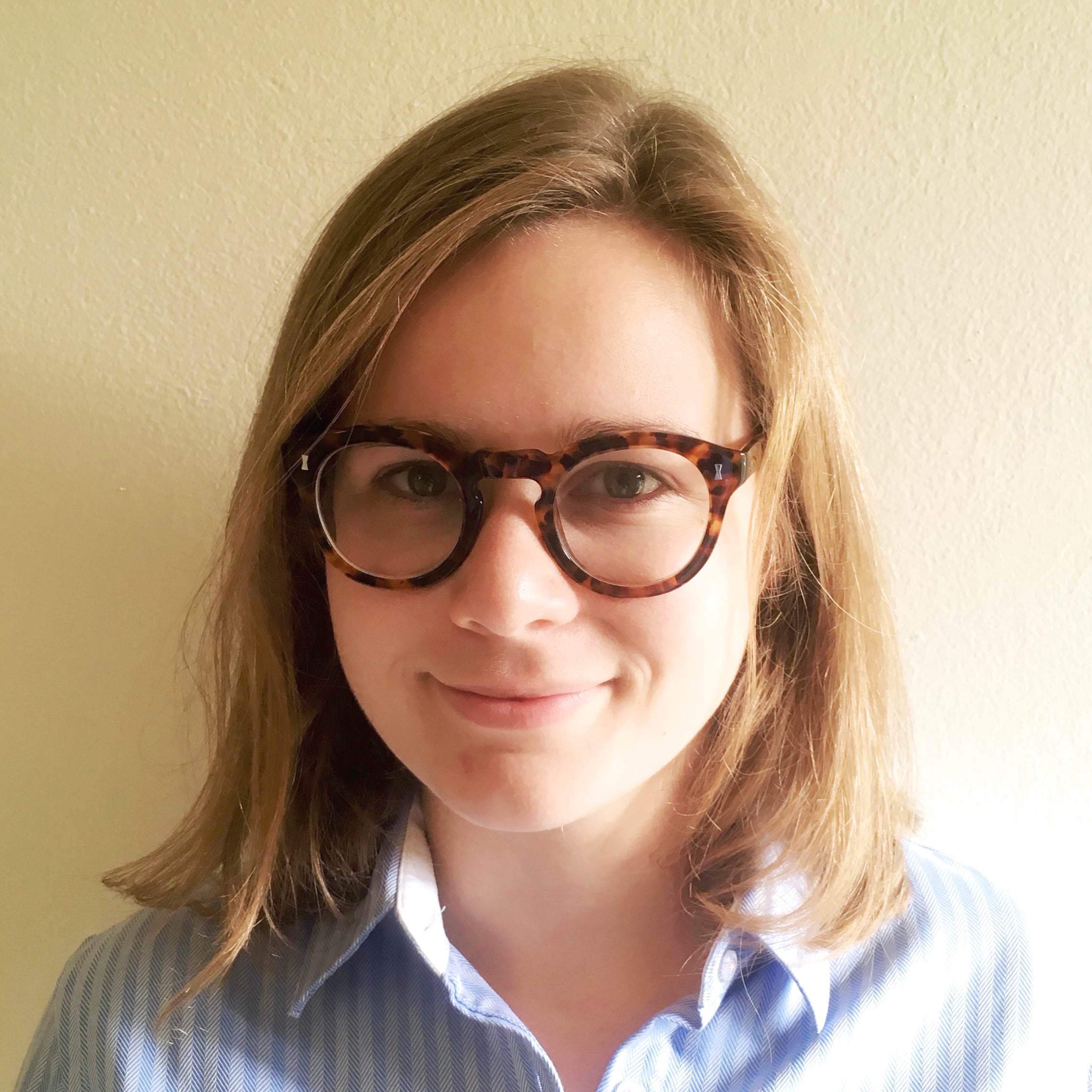 Natalie is co-founder of Neogranadina. She has a BA and an MPhil in Classics from the University of Cambridge and DPhil in History from the University of Oxford, and is an affiliate researcher at the Max Planck Institute for Legal History and Legal Theory in Frankfurt, Germany. She is interested in the histories of early modern Iberian world, with a special focus on the 16th-century Philippines, and in questions of legal history, colonialism, and the transmission of political ideas in early modern Latin texts. Personal website.
Natalie is co-founder of Neogranadina. She has a BA and an MPhil in Classics from the University of Cambridge and DPhil in History from the University of Oxford, and is an affiliate researcher at the Max Planck Institute for Legal History and Legal Theory in Frankfurt, Germany. She is interested in the histories of early modern Iberian world, with a special focus on the 16th-century Philippines, and in questions of legal history, colonialism, and the transmission of political ideas in early modern Latin texts. Personal website.
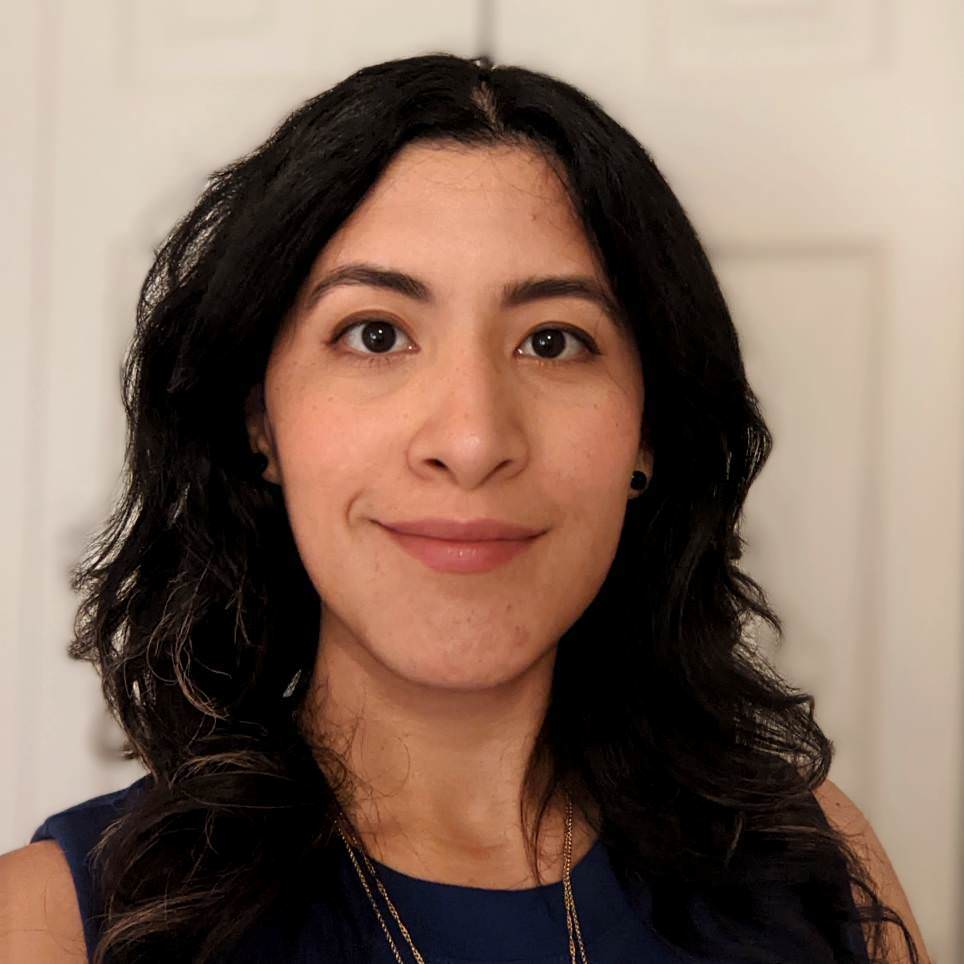 Andreína is a specialist in project planning and grant management and serves as a liaison for several of our inter-institutional projects. Andreína has a master’s degree in history from Villanova University, and a doctoral candidate in history at the University of California, Santa Barbara. Her research analyzes the history of the African diaspora in Venezuela and the Caribbean during the early modern period. She is also the Senior Associate Director of the Caribbean Digital Scholarship Collective. Personal website.
Andreína is a specialist in project planning and grant management and serves as a liaison for several of our inter-institutional projects. Andreína has a master’s degree in history from Villanova University, and a doctoral candidate in history at the University of California, Santa Barbara. Her research analyzes the history of the African diaspora in Venezuela and the Caribbean during the early modern period. She is also the Senior Associate Director of the Caribbean Digital Scholarship Collective. Personal website.
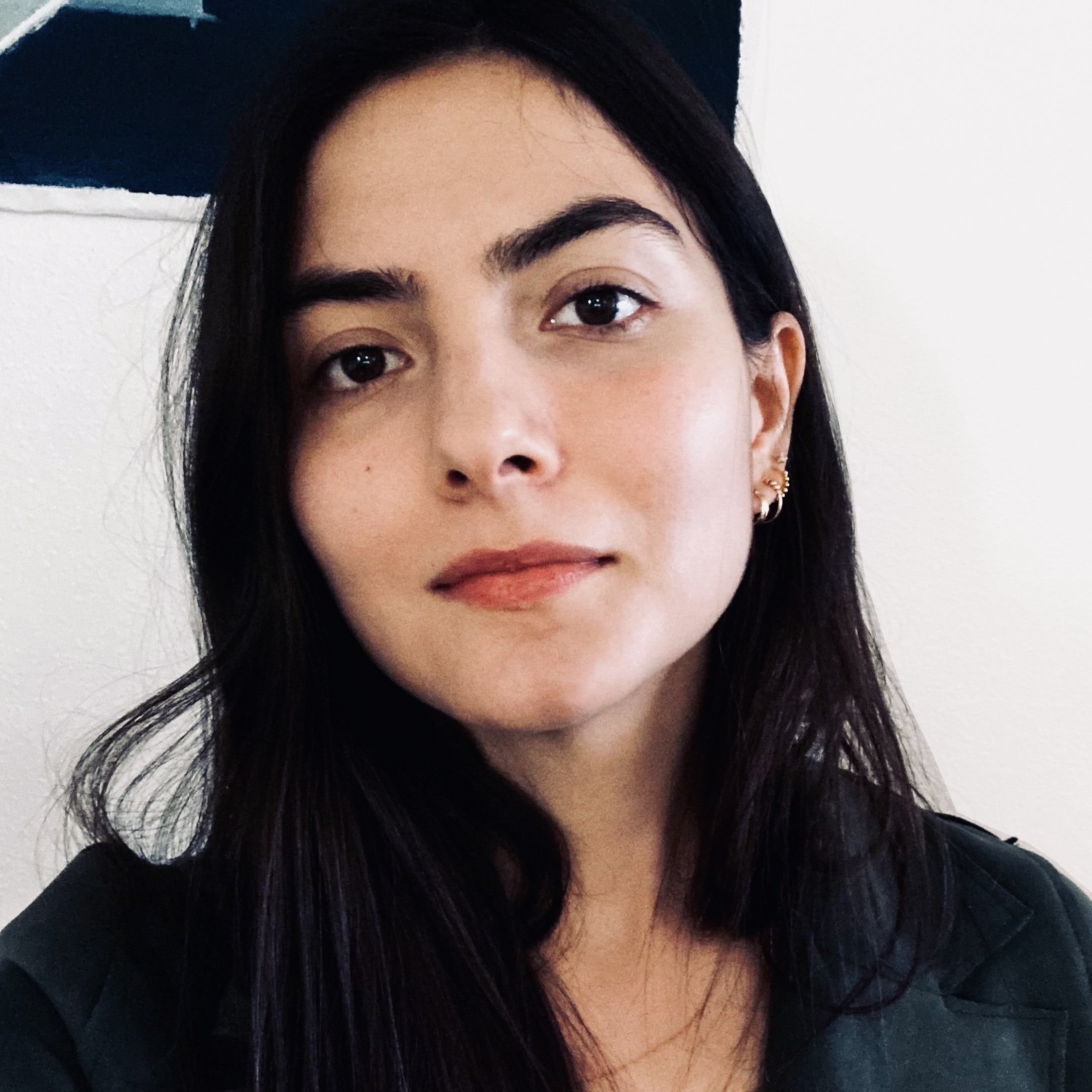 Pilar is a doctoral candidate in History at the University of California, Santa Barbara. She holds a master’s and an undergraduate degree in History from the Universidad Nacional de Colombia, Sede Medellín, and an undergraduate degree in Hispanic Philology from the Universidad de Antioquia. She studies the political history of Jesuit missions in the early modern period from the perspective of language policy and linguistic knowledge in the Orinoco region, in northeastern South America. At Neogranadina, she works on the planning and development of digitization projects, and on collaborative efforts of public history. Personal website.
Pilar is a doctoral candidate in History at the University of California, Santa Barbara. She holds a master’s and an undergraduate degree in History from the Universidad Nacional de Colombia, Sede Medellín, and an undergraduate degree in Hispanic Philology from the Universidad de Antioquia. She studies the political history of Jesuit missions in the early modern period from the perspective of language policy and linguistic knowledge in the Orinoco region, in northeastern South America. At Neogranadina, she works on the planning and development of digitization projects, and on collaborative efforts of public history. Personal website.
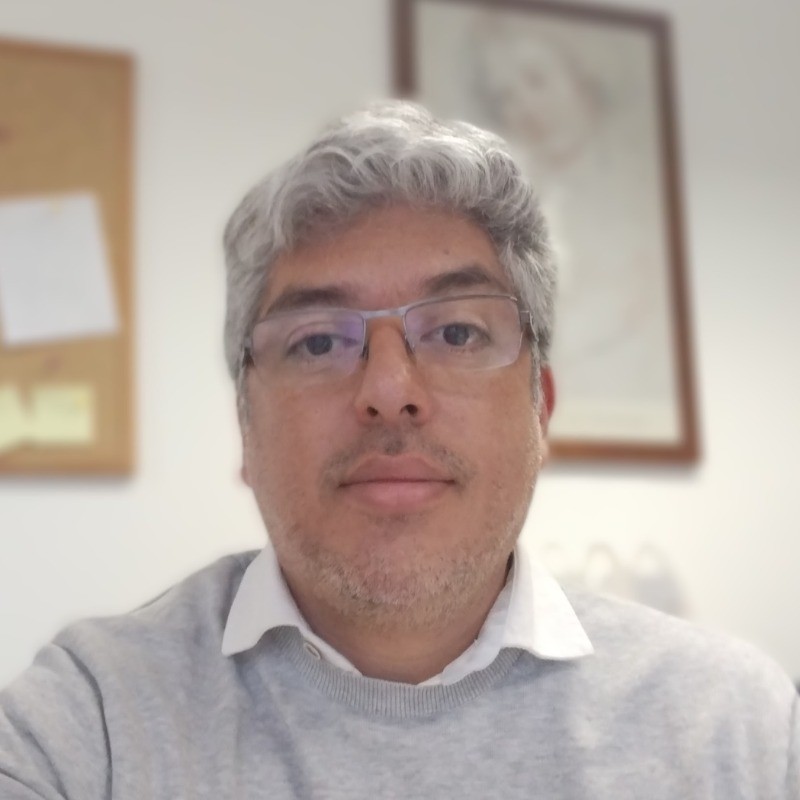 Jairo is Neogranadina’s tech lead. He is in charge of developing and maintaining our digital platforms, tools, and software. He holds BA and MA degrees in History from the Universidad Industrial de Santander (Bucaramanga, Colombia) and a PhD in History from the Centro de Estudios Históricos de El Colegio de Michoacán (México). As a historian he researches 18th- and 19th-century legal and political institutions, with a special interest in the transformation of the Spanish monarchy and the transition towards national states. As a digital humanist, he explores the theory and practice of digital history, particularly the transformation of documents in the digital realm and the digital infrastructure required for digital humanities praxis. At the same time, he has specialized in the development of applications, the management of data and archives through their entire life cylces, the implementation and adaptation of digital publishing platforms, minimal computing, and other areas. Personal website.
Jairo is Neogranadina’s tech lead. He is in charge of developing and maintaining our digital platforms, tools, and software. He holds BA and MA degrees in History from the Universidad Industrial de Santander (Bucaramanga, Colombia) and a PhD in History from the Centro de Estudios Históricos de El Colegio de Michoacán (México). As a historian he researches 18th- and 19th-century legal and political institutions, with a special interest in the transformation of the Spanish monarchy and the transition towards national states. As a digital humanist, he explores the theory and practice of digital history, particularly the transformation of documents in the digital realm and the digital infrastructure required for digital humanities praxis. At the same time, he has specialized in the development of applications, the management of data and archives through their entire life cylces, the implementation and adaptation of digital publishing platforms, minimal computing, and other areas. Personal website.
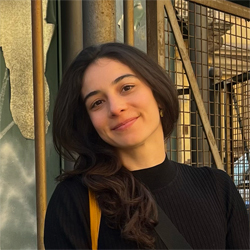 Catalina Salguero holds a degrees in Art History and a Master’s in Arts with an Emphasis on Cultural Project Management, both obtained from the Universidad de los Andes in Colombia. She is currently pursuing a master’s degree in Digital Humanities and Digital Knowledge at the University of Bologna, Italy. Her research focuses on religious art, particularly examining the role of evangelization programs among Afro-descendant populations in New Granada. As a digital humanist, her interests include using Linked Open Data, information visualization, and knowledge organization. Additionally, she has experience in interface development and design, specializing in user experience (UX) and user interface (UI) design.
Catalina Salguero holds a degrees in Art History and a Master’s in Arts with an Emphasis on Cultural Project Management, both obtained from the Universidad de los Andes in Colombia. She is currently pursuing a master’s degree in Digital Humanities and Digital Knowledge at the University of Bologna, Italy. Her research focuses on religious art, particularly examining the role of evangelization programs among Afro-descendant populations in New Granada. As a digital humanist, her interests include using Linked Open Data, information visualization, and knowledge organization. Additionally, she has experience in interface development and design, specializing in user experience (UX) and user interface (UI) design.
 Adelaida is a visual designer and historian specializing in digital products, UX/UI, web design and development, and digital communication strategies. Her main focus is on translating complex information into engaging and user-friendly digital experiences, a skill that has earned her two awards. She holds a Master’s degree in Visual Communication Design from Aalto University (Finland), a BA Hons in Design focused on Human-Centered Design with a Communication minor, and a BA in History, both from Universidad de los Andes (Colombia). Personal website.
Adelaida is a visual designer and historian specializing in digital products, UX/UI, web design and development, and digital communication strategies. Her main focus is on translating complex information into engaging and user-friendly digital experiences, a skill that has earned her two awards. She holds a Master’s degree in Visual Communication Design from Aalto University (Finland), a BA Hons in Design focused on Human-Centered Design with a Communication minor, and a BA in History, both from Universidad de los Andes (Colombia). Personal website.
We have worked with, or received support from, the following institutions:

